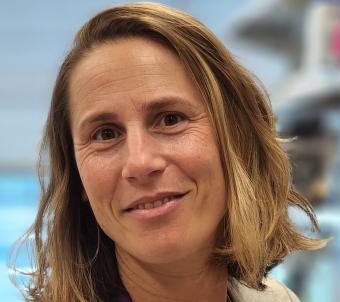
Dr. Ranit Kedmi, our newly-recruited PI, welcome to our Department!
The KedmiLab will explore new innovative innate immunology impacts on human disease.


The KedmiLab will explore new innovative innate immunology impacts on human disease.
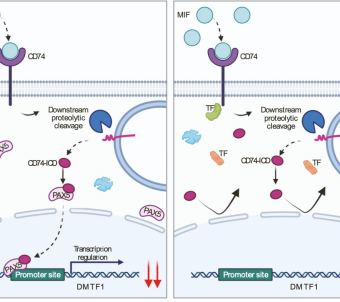
CD74 as a regulator of transcription in normal B cells
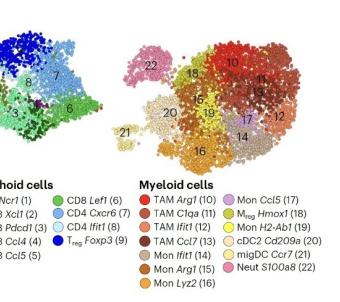
Anti CTLA-4 impacts on the myeloid compartment in cancer immunotherapy.
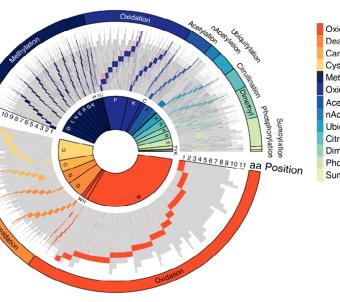
Post translational modifications of MHCI immunopeptidome in cancer.
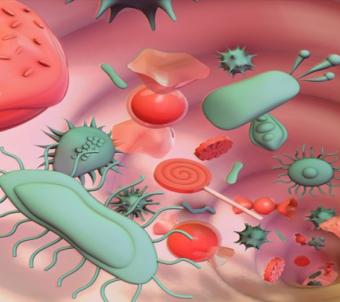
Personalized microbiome-driven effects of non-nutritive sweeteners on human glucose tolerance
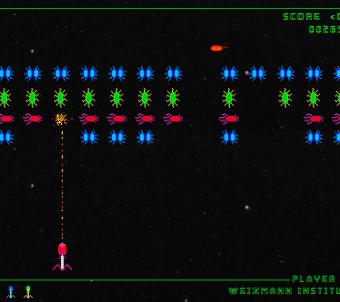
Targeted suppression of human IBD-associated gut microbiota commensals by phage consortia for treatment of intestinal inflammation
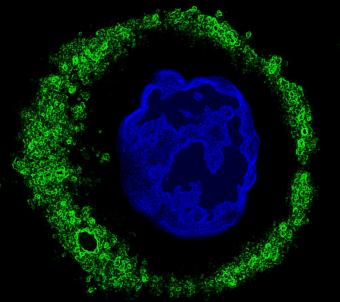
Tumor-reactive antibodies evolve from non-binding and autoreactive precursors
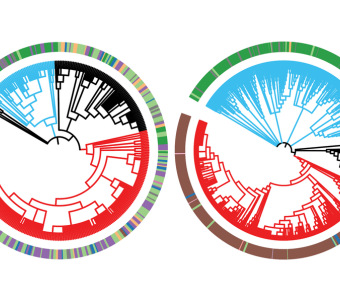
Lineage Recording Reveals the Phylodynamics, Plasticity and Paths of Tumor Evolution
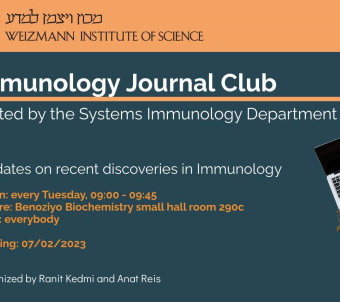
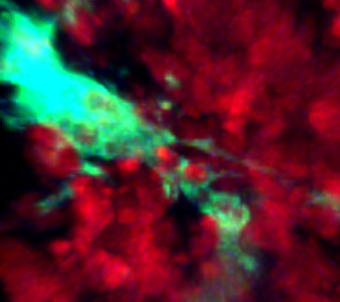
Tingible body macrophages arise from lymph node–resident precursors and uptake B cells by dendrites

The Dahan group and the Yosef group both awarded prestigious ERC consolidator grants to continue leading immunology research.

Fc glycoengineering of a PD-L1 antibody harnesses Fcγ receptors for increased antitumor efficacy.

A non-antibiotic-disrupted gut microbiome is associated with clinical responses to CD19-CAR-T cell cancer immunotherapy.

B cell class switch recombination is regulated by DYRK1A through MSH6 phosphorylation

Epithelial Nlrp10 inflammasome mediates protection against intestinal autoinflammation

The transcriptional and regulatory identity of erythropoietin producing cells.

The proteasome regulator PSME4 modulates proteasome activity and antigen diversity to abrogate antitumor immunity in NSCLC.

On receiving the Morris L. Levinson Prize in Biology.

on receiving the Scientific Council Prize for Outstanding Staff Scientists.

On receiving the Osmar Boas Medal of the German Association DGVS.

The Wein lab will explore the bacterial immune system toward new discovery in human immunology.

Lung dendritic-cell metabolism underlies susceptibility to viral infection in diabetes.

Time-resolved single-cell transcriptomics defines immune trajectories in glioblastoma.

Bispecific dendritic-T Cell Engager potentiates anti-tumor immunity.

On winning ‘The 2024 Rappaport Prize for Ph.D. students’.

On winning ‘The 2024 Rappaport Prize for biomedical research’.

Modeling T cell temporal response to cancer immunotherapy rationalizes development of combinatorial treatment protocols

T cell help induces Myc transcriptional bursts in germinal center B cells during positive selection.

On winning the 'EPHAR-EACPT Young Investigator Award in Translational Pharmacology'.
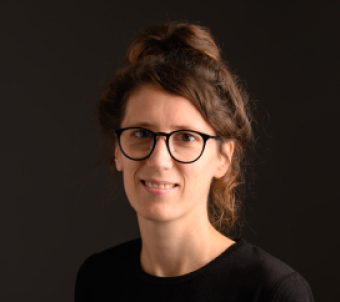
On winning the '2024 Clore Prize'

On winning the FGS Prize for Outstanding Students.

Turbinate-homing IgA-secreting cells originate in the nasal lymphoid tissues

On winning the Helen and Martin Kimmel Award for Innovative Investigation for 2024

On winning the Lloyd J. Old STAR (Scientists TAking Risks) award by The Cancer Research Institute (CRI)

On receiving the Faculty of Biology Outstanding Employee Prize

SMARCA5-mediated chromatin remodeling is required for germinal center formation

On winning the FGS Prize for Outstanding Students.

CD84 as a therapeutic target for breaking immune tolerance in triple-negative breast cancer

On winning the 2025 Pezcoller Foundation - EACR Translational Cancer Researcher Award

On winning the Peter and Patricia Gruber Award for 2025

Metagenome-informed metaproteomics of the human gut microbiome, host, and dietary exposome uncovers signatures of health and inflammatory bowel disease

On winning the 2025 Rappaport Prize for a Young and Promising Researcher

On winning the 2025 Rappaport Prize for an outstanding doctoral student for excellence in the field of Biomedical Research

CARD domains mediate anti-phage defence in bacterial gasdermin systems

Appreciating our colleague Eti Mantzur

Cell-autonomous innate immunity by proteasome-derived defence peptides

ZEB2 is a master switch controlling the tumor-associated macrophage program

On being inducted to the German National Academy of Sciences (Leopoldina)

On winning the John F. Kennedy Prize for outstanding students
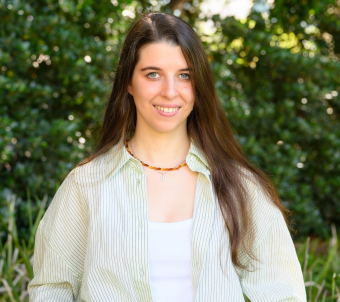
On winning the Dean's Prize for MSc students

A coordinated cellular network regulates tolerance to food

Dissection of the immune landscape in psoriatic arthritis defines immunoproteasome up-regulation in treatment resistance

For the election to the 2025 International Union of Immunological Societies Rising Star Cohort


The immune receptor SLAMF5 regulates myeloid-cell mediated neuroinflammation in multiple sclerosis.